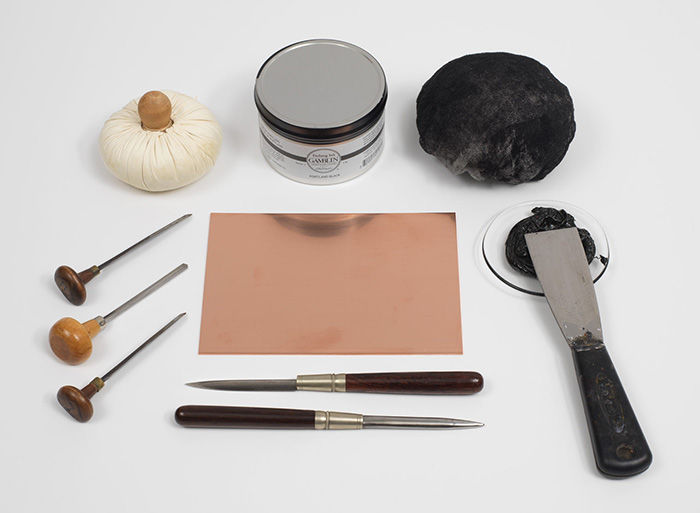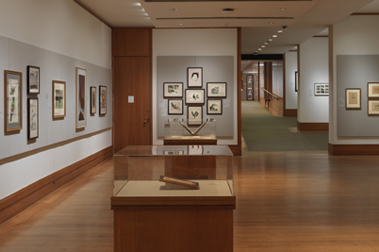New Jersey Beverly Bank Currency–Three Dollars 1861
Engraver American Bank Note Company American
Not on view
Until the widespread introduction and use of Federal currency, local banks issued their own notes based on specie deposits made by the community and the immediate need for such items within the area. This arrangement remained in effect until well after the outbreak of the Civil War, with merchants frantically searching for a ways to easily and economically transact their business, since specie, the only form of money issued by the Federal government until that time, had disappeared from circulation. Local banks, as well as the merchants themselves, issued large amounts of banknotes, all used to help alleviate the shortage of specie and facilitate commerce. This bank was open for business only from 1860 to 1862. This banknote was issued by the privately-owned Beverly Bank in 1861. Printed on the front of the note it reads "The Beverly Bank will pay to bearer on demand three dollars". Since it doesn't say "three dollars in gold" or "three dollars in silver" but just "three dollars" it is probably an unbacked banknote. If it was backed by gold or silver it would most certainly say "payable in gold" on the front. These banknotes were printed to match the creation of new goods and services in the town. There is a nice vignette showing the modes of transportation for the exchange of goods (steamboat, train, barge, and horses).

